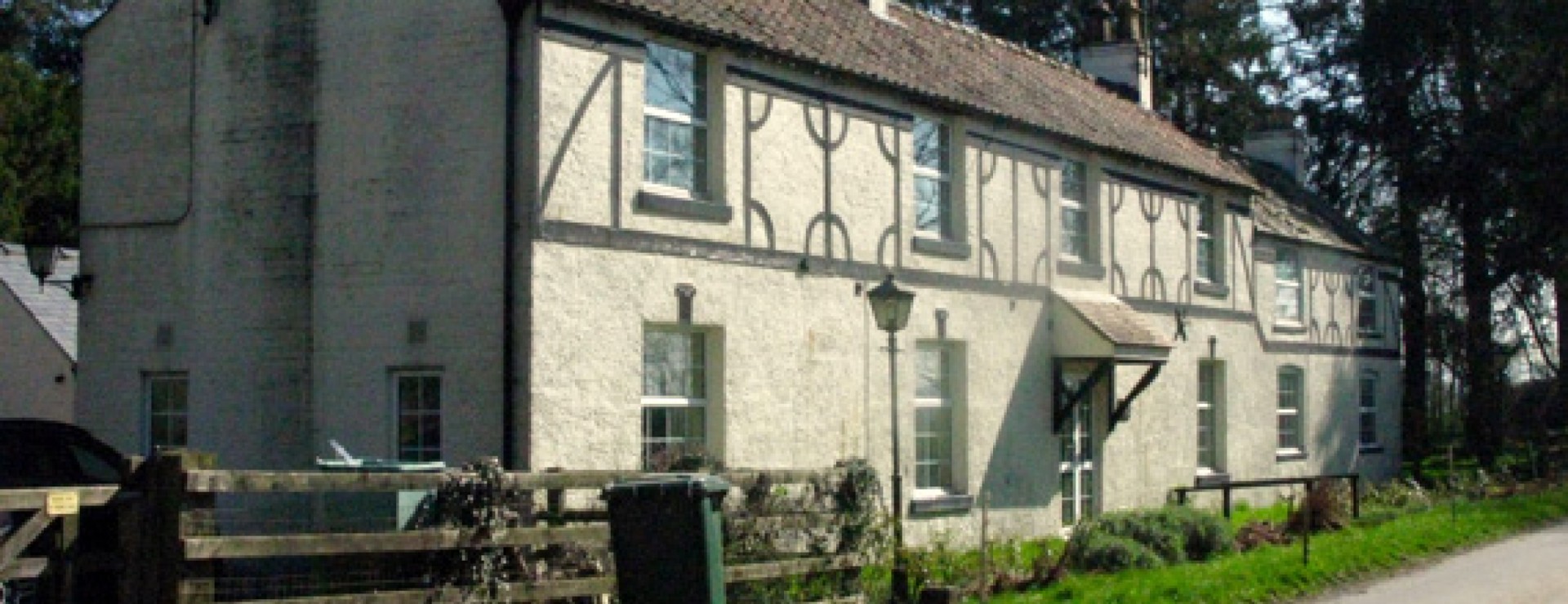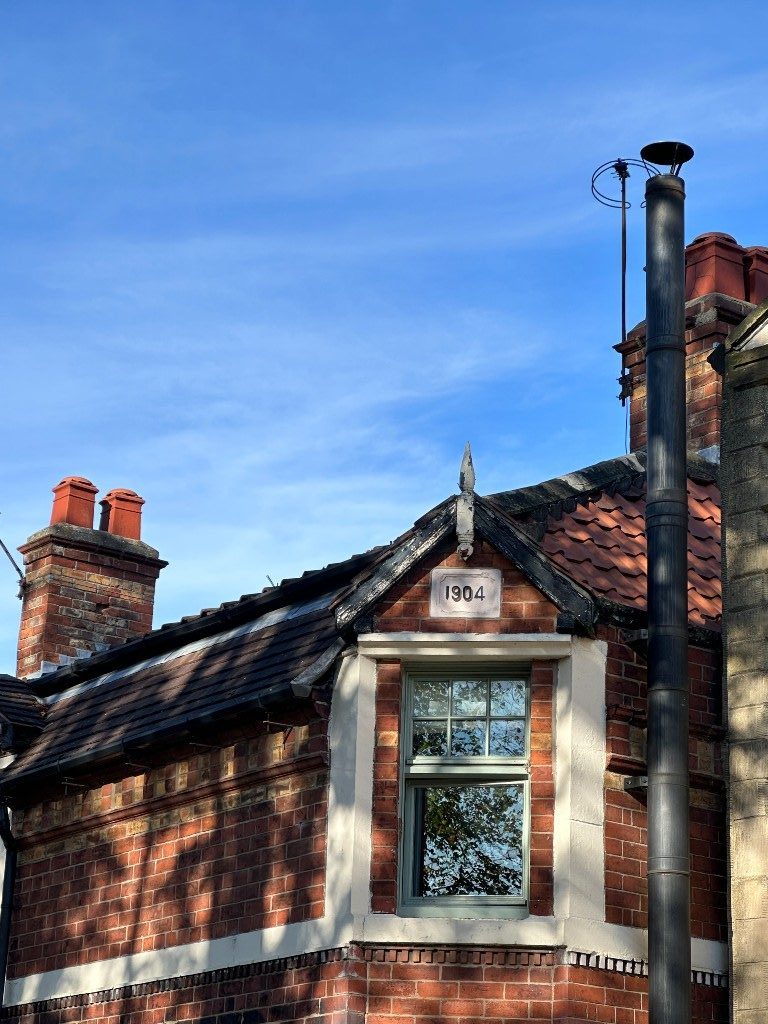
Places
Where Past Meets Present: A Glimpse into Rillington’s Architecture
Rillington is a nuclear village located on the A64 road with a northern linear extension along Low Moorgate towards the railway crossing and the farms beyond.
The distinctive two-tone Flemish Bond brickwork, sourced from local brick pits, is a local feature of the architecture here.
Street Stories: Then and Now
The evolution of street names through time:
| Now | Then |
|---|---|
| Low Moorgate | Station Road and Railway Street |
| High Street | Ratten Row and Providence Terrace |
| Scarborough Road | Lamb Lane – named after a local family |
| Sledgate | Sledgegate |
| Westgate | Unchanged |
| Collinson’s Lane | Named after a local family |
| Sands Lane | Unchanged |
| Firs Road | A tribute to “The Firs” plantation opposite |
Places of Interest and Architectural Treasures
Discover the architectural gems that grace Rillington:
Grade I Listed Building:
- Church of St. Andrew, Low Moorgate
Enchanting Grade II Listed Buildings:
- The Coach and Horses, at the corner of Low Moorgate and Scarborough Road
- Holly House, Low Moorgate
- Scampston Hall and Gardens (designed by Charles Bridgeman and Capability Brown)
- Rillington Manor, Sands Lane
- 3 Westgate
- Bethesda Chapel, Low Moorgate
- Manor Farmhouse, Low Moor
- Park Farmhouse, Low Moorgate
- Park View, with its attached garage and outbuildings
- Rillington Manor
- Rillinton Manor Stable Block
- Church Farmhouse
- Rectory Farmhouse
Stories Etched in Stone: Landmarks of Note
- A Private Lunatic Asylum
- The Workhouse
- Memorials from the Great War and Second World War
- Myers’ Tailors Cottage Industry
- Public Houses
- Churchyard and cemetery memorial inscriptions

Discover the evolution of Rillington’s Education.
From humble beginnings to modern institutions. Explore how learning has etched its mark on this vibrant community.
Thank you for visiting Rillington History!
Do you have a story or local knowledge you’d like to share with us? We’d love to hear from you! Get in touch and be a part of Rillington’s living history.
